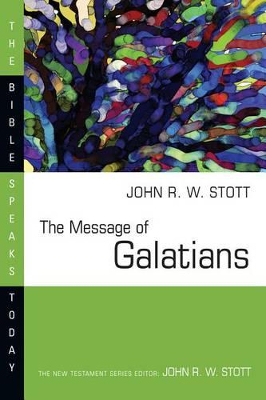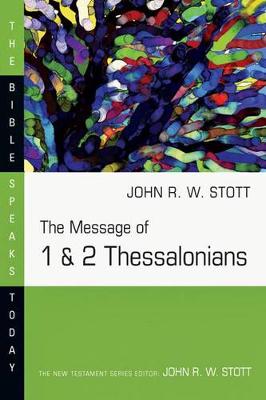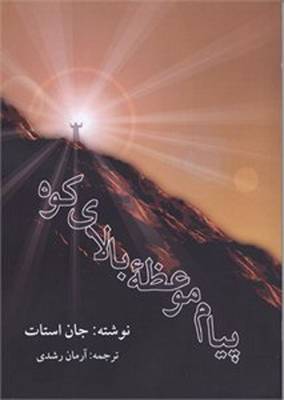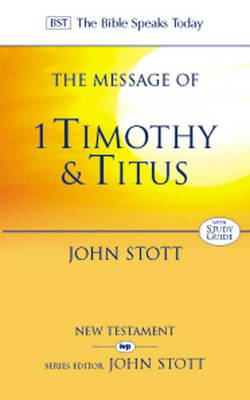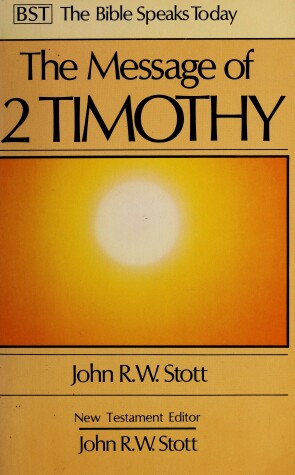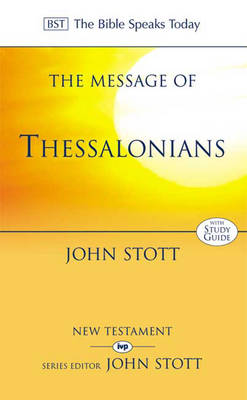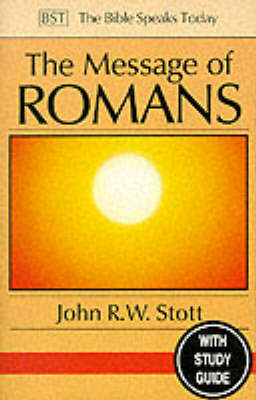The Bible Speaks Today
9 total works
Paul's concern is pertinent today. Contemporary culture, John Stott points out, is being overtaken and submerged by relativism and pluralism - an attitude that all so-called 'truth' in fact can make no demand that others be converted to its particular view. The apostle's unambiguous commitment to the definite truth of the gospel is in stark contrast to the contemporary spirit, and his concern for its future needs to grip us today.
John Stott believes that Paul's letters to the Christians in Thessalonica offer three main guidelines to churches at the beginning of the twenty-first century; a model for ministry, as Paul's self-giving, prayerful love for the church challenges Christian leaders; a vision for the local church, as the apostle touches on evangelism, pastoral care, ethical standards, fellowship, worship, obedience and future hope; an affirmation of our faith, as he repeatedly returns to the foundation facts that 'Christ has died, Christ is risen, and Christ will come again.'
Characterised by John Stott's customary clarity and perception, this exposition illuminates aspects of Christian life and service that are at the heart of God's purposes for this people today.
In his letter Paul gives a complete picture of the gospel - the fullest and grandest in the New Testament. His horizons are vast, taking in time and eternity, the past, present and future of humanity, and the great themes of justification, sanctification and glorification.
This is the most personally rooted of John Stott's expositions, for he confesses to have re-encountered Paul's letter constantly throughout his Christian life. At the same time, her interacts with other commentators, some of whom are challenging interpretations that are time-honoured and traditional. He sees Romans as a Christian manifesto for our increasingly unstable world, emphasising the good news of freedom through Jesus Christ. Paul's vision of this freedom is astonishing. It overcomes ethnic conflict, the darkness of moral guilt, condemnation from God and alienation from others. It is a freedom to serve God and our neighbours in love.

